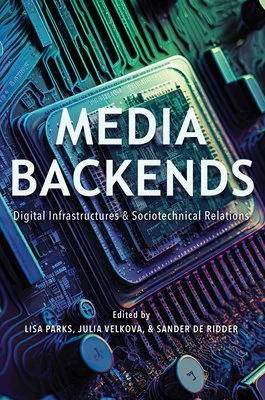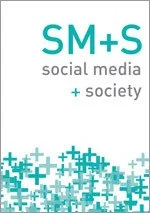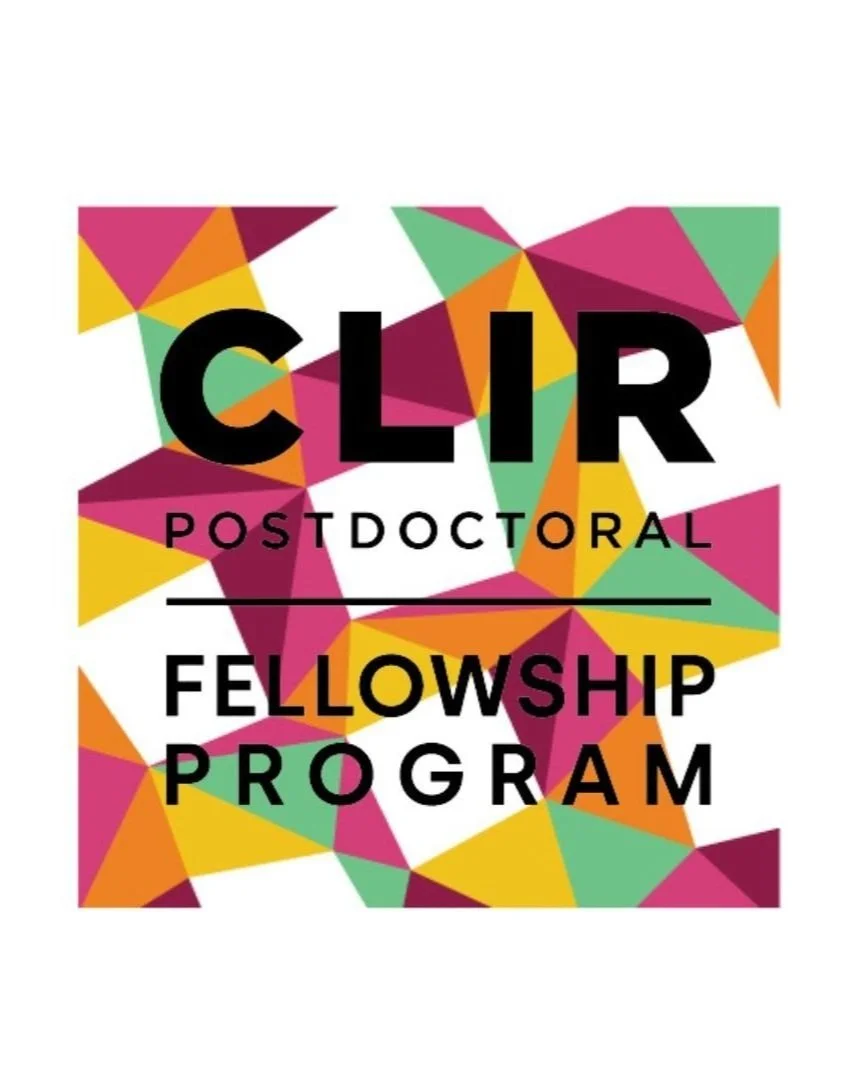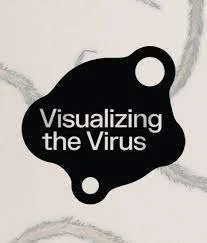
-
2024. “The Onus Is Not On Us: Race and Fan Studies Ten Years After "African American Acafandom and Other Strangers." Transformative Works and Cultures.
-
Day, Faithe. 2024. “Debates in #BlackDH: Key Moments and Queer Directions in Black Studies Scholarship.” DHQ: Digital Humanities Quarterly.
-
Day, Faithe. 2023. “Black Living Data Booklet.” Media Bookends: Digital Infrastructures and Sociotechnical Relations, edited by Lisa Parks, Julia Velkova, and Sander de Ridder. University of Illinois Press.
-
Day, Faithe. 2023. “Visual Pleasure and Video-Sharing Platforms: If I Was Your Girl and the Representation of Black Sexuality,” edited by Hollis Griffin. Television Studies in Queer Times. Routledge.
-
Day, Faithe. 2022. “From Academia to America: Using Digital Platforms to Remediate Public History,” edited by Mark Philip Bradley and Fei Hsien Wang. The 1619 Project Forum. American Historical Review.
-
Day, Faithe. 2022. “Mobilizing Black Environmentalism and Data Justice: Taking a Critical Race Approach to Environmental Research and Data.” Edited by Amy J. Schulz, SPARK Magazine. National Center for Institutional Diversity.
-
Day, Faithe, Synatra Smith, Jodi Reeves Eyre, John Maclachlan, and Christa Williford. 2022. “A Third Library is Possible.” Council on Library and Information Resources. https://futures.clir.org/about/
-
Christian, Aymar Jean, Faithe Day, Mark Diaz, and Chelsea Peterson-Salahuddin. 2020. “Platforming Intersectionality: Deconstructing Algorithmic Power through Scale, Specificity, and Participatory Research”. Social Media + Society. https://doi.org/10.1177/2056305120933301
-
Day, Faithe. 2020. “COVID Black: Organizing Information on Racial Health Disparities and Living Data.” American Studies Journal, 59(2), pp.35-38. https://amsj.blog/2020/04/27/on-teaching-in-the-time-of-covid-19-series/
-
Day, Faithe. 2021. “From Recording Black Death to Celebrating Living Data: Creativity, COVID-19, and Community Care”. Visualizing the Virus. https://visualizingthevirus.com/entry/from-recording-black-death-to-celebrating-living-data/
-
Day, Faithe. 2018. “Between Butch/Femme: On the Performance of Race, Gender, and Sexuality in the YouTube Web Series.” Journal of Lesbian Studies. https://www.tandfonline.com/doi/abs/10.1080/10894160.2018.1383800?journalCode=wjls20
-
Day, Faithe, and Aymar Jean Christian. 2017. "Locating Black Queer TV: Fans, Producers, and Networked Publics on YouTube." In "Queer Female Fandom," edited by Julie Levin Russo and Eve Ng, special issue, Transformative Works and Cultures, no. 24. http://dx.doi.org/10.3983/twc.2017.867.

“Within culture, marginality, though it remains peripheral to the broader mainstream, has never been such a productive space as it is now. And that is not simply the opening within the dominant of spaces that those outside it can occupy. It is also the result of the cultural politics of difference, of the struggles around difference, of the production of new identities, [and] of the appearance of new subjects on the political and cultural stage”
— Stuart Hall “What is this ‘Black’ in Black Popular Culture”
DISSERTATION
Abstract: Drawing on a legacy of Black television and film production, Black web series remediate earlier media forms in order to usher in a 21st century revival of indie Black cultural production. Specifically, video sharing and social media platforms operate as a sphere in which content creators and users are afforded unique opportunities to engage with video content and each other on a variety of levels. Focusing on the YouTube media sphere, one can also observe the myriad ways in which the performance of race, gender, region, class, and sexuality influences the types of discourse that circulate within these sites. In watching and analyzing Black queer web series on YouTube, I examine how the performance of gender and sexuality by Black queer women within and outside of web series are policed and protected by both community insiders and outsiders. Utilizing an ethnographic framework, which includes a critical discourse analysis of the YouTube comments for the series The Misadventures of Awkward Black Girl, The Peculiar Kind, Between Women, and If I Was Your Girl as well as a textual analysis of series content, this project draws conclusions about the role that the politics of production, performance, pleasure, and the public sphere play into the recognition and/or refusal of queer sexuality within and outside of Black communities.








